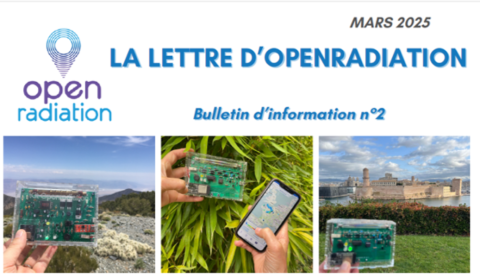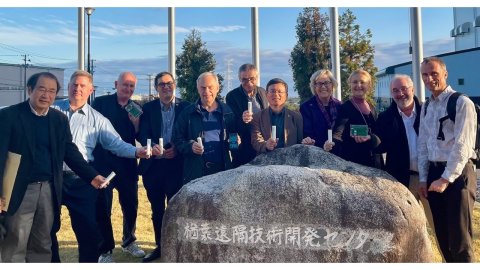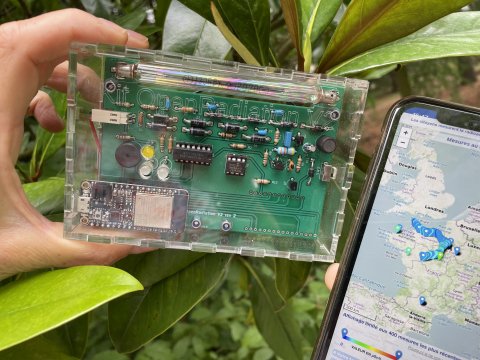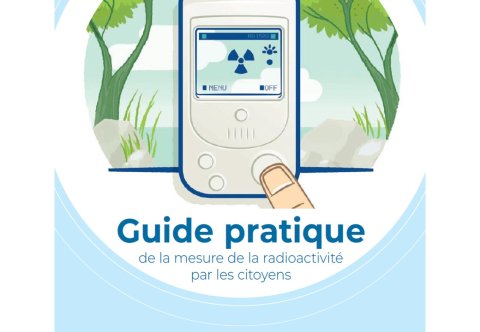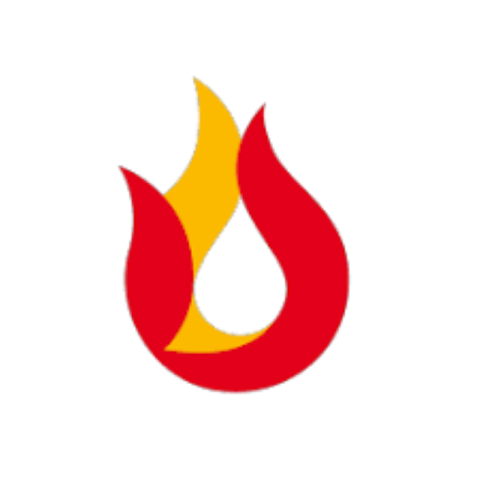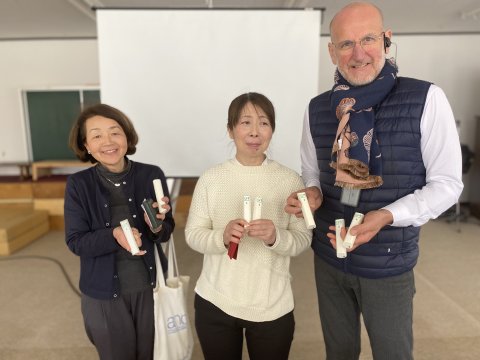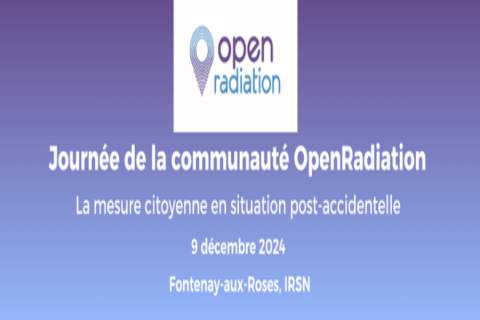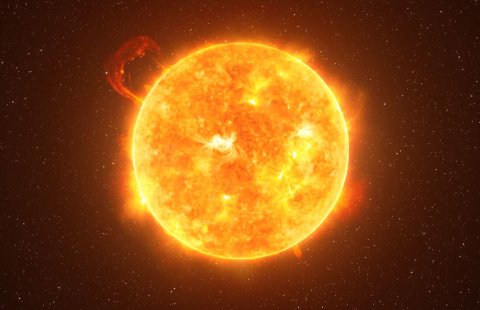Here's some exciting news from the digital news magazine Nature Africa :
Air passengers can help study the impact of solar flares.
The Cosmic on Air project is a key support for an ambitious citizen science project launched by a group of physicists. This project, initiated by IRSN, was presented by the South African partners to the astronomy community at the last IAU congress. The aim of this initiative is to collect data measured in flight in order to improve dose prediction models in the event of a flare. The current period is all the more propitious for flare hunting as we have just officially reached a new maximum in solar activity.
In this context, you have a unique opportunity to contribute to the very first scientific article based on these ground-breaking measurements!
How can you take part?
Passengers on board aircraft are invited to use the OpenRadiation application to record cosmic ray measurements during their journeys. It is possible to take serial measurements, with the phone in ‘aircraft’ measurement mode, while maintaining the Bluetooth connection with the sensor. This data, collected at high altitude, provides a valuable window on the intensity and variations in cosmic radiation influenced by solar activity.
Why is this?
Solar maximum, a natural event that marks a peak of activity in the 11-year solar cycle, is an opportunity to gain a better understanding of the interaction between solar particles and cosmic rays. The data collected thanks to Cosmic on Air will enable scientists to model these interactions more accurately and better estimate the doses received.
It's an adventure in science and citizenship worth discovering!
By taking part, you will be joining a worldwide community of scientists and committed citizens, contributing to a better understanding of the cosmic phenomena that influence our planet.
So, are you ready to download OpenRadiation?



